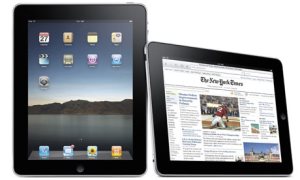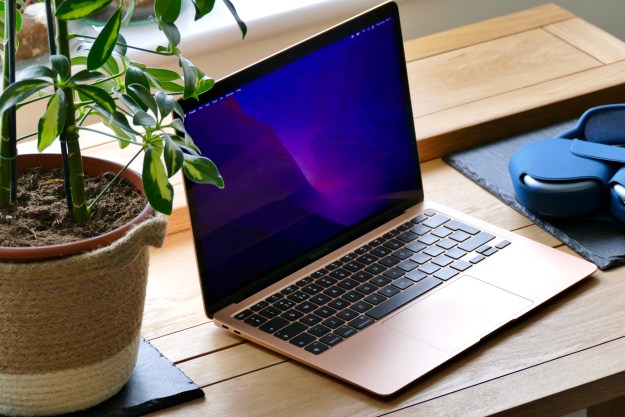
Although neither company is commenting publicly, Apple seems to have gone and gone it: The New York Times and other outlets are reporting that Apple has confirmed it purchased the small fabless chipmaker Intrinsity in late March. Although the financial details of the transaction have not been released, industry watchers put it in the $100 to $150 million range. The Texas-based Intrinsity is probably responsible for producing the speedy Apple A4 ARM-based CPU that’s powering the company’s iPad devices.
The purchase marks the second time in recent years that Apple has bought a chipmaker to boost its mobile platforms: almost exactly two years ago, it bought chipmaker PA Semi to wring more performance from chips driving its iPhone and iPod touch devices. However, since the PA Semi acquisition, a number of its key employees have left Apple; several wound up at Agnilux, which was just acquired by Google.
Intrinsity doesn’t make chips itself; instead, it typically works with one of Samsung’s chip manufacturing divisions, which according to an reverse-engineering analysis from Chipworks is where the iPad’s A4 processors are being built. Although Apple is certainly not along in developing its own variations on ARM processors—Qualcomm, Nvidia, and Marvell have all done the same—Apple’s strategy is largely seen as a way to maintain a performance edge on mobile devices from other manufacturers, as well as give it control of its platform from the silicon all the way up through the pixels on the operating system.
Editors' Recommendations
- The 6 key things Apple must fix in the next version of macOS
- Best Mac Mini deals: Save over $100 on an Apple desktop
- Apple has backed itself into a corner
- iMac deals: New, renewed and refurbished iMac computers
- How to create a Smart Playlist in Apple Music


